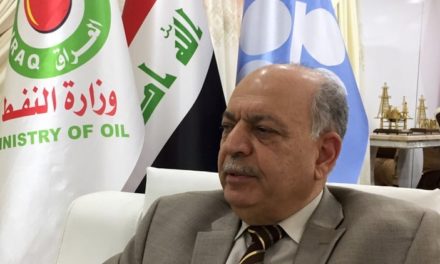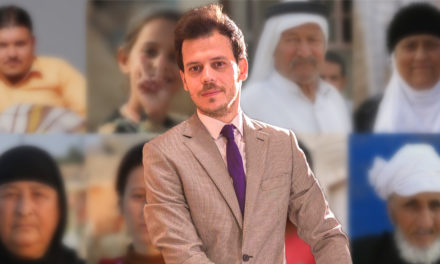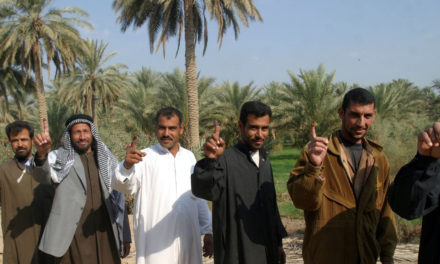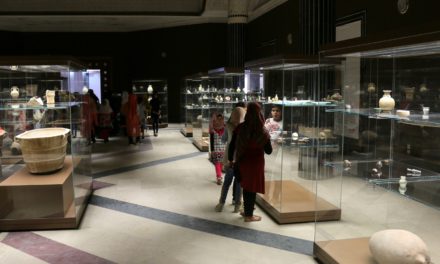The lack of leadership plaguing Iraq despite the growing number of crises facing the country is the biggest cause for concern for Iraqis in both the short-term and long-term. From deteriorated relations between Baghdad and Washington to 18-year record low oil prices to health concerns caused by the global pandemic of COVID-19, these predicaments could all be handled better with competent leadership, adding more reason for the Iraqi political class to form a new government under a new prime minister.
There are diverse factions across all levels of Iraq’s society, even amongst Iraq’s protest movement, as multiple political/organizational fronts are forming. For Iraq’s political class, the inability to take advantage of the protest movement splintering and temporarily coming to a halt due to COVID-19 adds to the level of failure in not being able to come together and form a new government to give the people a sense of hope by showing ownership.
The fact that Iraq has not seen a leader emerge means that the current crises may pass through over time, albeit with a lot of difficulty and turbulence. With continued poor governance and no vision to move the country forward, Iraq will continue to find itself in this weak position where it is letting its people down every time a new crisis emerges.
During this time, President Barham Salih has attempted to play a greater role, pushing the boundaries of the presidency’s power. However, that has come at the cost of personal attacks from various political parties, who claim he has overstepped the boundaries of the very constitution he is meant to protect. Recently appointed Minister of Health, Dr. Jaffar Allawi, has also stepped up by finding alternative sources for funding to increase the Ministry of Health’s effort to combat COVID-19 when he was initially denied $5 million from the Ministry of Finance. Dr. Allawi has taken on a leadership role during the health crisis but has also fallen victim to Iraq’s weak leadership and in this instance, killer bureaucracy.
Having announced that he will be stepping away from the spotlight and allowing other ministers to take the lead in governing, resigned Prime Minister Adil Abd Al-Mahdi has returned to the helm and done so by weakening the Minister of Health during the COVID-19 crisis. After the establishment of the federal crisis cell by executive order 55 for the year 2020 led by the Minister of Health to combat COVID-19, the Cabinet then created a Higher Committee for Health and National Safety and placed the crisis cell under Abd Al-Mahdi’s authority. In addition, Abd Al-Mahdi has created more committees at the same level of the crisis cell, which has disrupted the chain of command in the efforts to combat COVID-19 by adding more bureaucracy.
While Adil Abd Al-Mahdi’s style of governance satisfies multiple parties that make up the large political class, it once again fails the Iraqi people, who brought about his resignation in the end of 2019. Without new elections, Iraq is stuck with the current government; and with a global pandemic, it seems like Iraqis will have to wait until 2022 to elect new representatives. This works in favour of the political elite who benefit from Abd Al-Mahdi remaining in power, as it is within the ability of the political class to change the prime minister, as they did in 2014 when former Prime Minister Nouri Al-Maliki was replaced by Haider Al-Abadi through political consensus.
What drove the change in leadership in 2014 is that both the political elite and average Iraqis were under threat from Da’ish. However, the political elite today have yet to suffer from the economic effects of low oil prices and COVID-19. Furthermore, Iraq’s political leaders and top bureaucrats do not appear to comprehend the further challenges that Iraq will face in the coming months and years. Until this is understood, there will continue to be a lack of will from the top to push for new leadership and reform, and as per usual, Iraqis will pay the price.

Alaa Kadhem
Alaa Kadhem is a lawyer and leadership consultant with experience in the Middle East.










